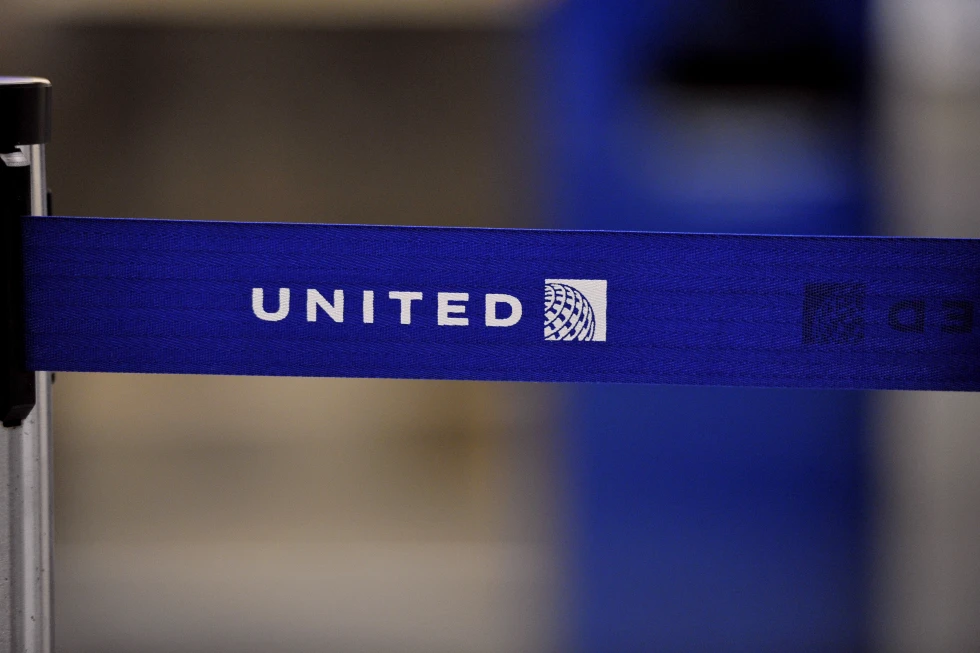Peloton, the at-home fitness brand that saw meteoric success during the COVID-19 pandemic, announced that Ford executive Peter Stern will take over as its new CEO in January.
The appointment marks the latest effort by Peloton to regain footing after facing significant challenges in recent years, including supply chain issues, product recalls, and a sharp decline in post-pandemic demand. Following the announcement, Peloton’s stock jumped nearly 28%, closing at $8.50 a share.
Stern’s primary tasks will include stabilizing the company financially, trimming costs, and retaining current subscribers—a key source of revenue. Industry experts agree that retaining subscribers rather than expanding the customer base will be crucial for Peloton’s profitability, given the high margins in its monthly subscription model.
During the pandemic, Peloton’s user base surged, fueled by people seeking home fitness solutions amid lockdowns. However, as gyms reopened and fitness routines diversified, demand for Peloton’s stationary bikes and treadmills waned, leading to a 94% drop in the company’s share price from its 2020 peak. BMO Capital Markets analyst Simeon Siegel, who had long been skeptical of Peloton’s valuation, observed that the company’s past highs were not sustainable.
“Peloton’s peak market cap was not steeped in reality; it was steeped in hope,” he remarked.
To regain financial stability, Peloton has been pursuing a cost-cutting strategy. The company reduced its workforce by 15%, cut marketing expenses, shuttered retail showrooms, and decreased research and development spending. This fiscal caution aligns with the advice of analysts like Siegel, who recommended that Peloton “bear-hug” its most loyal subscribers while managing costs. Some analysts even suggest that raising subscription fees for new users could be a way to further enhance revenue while recognizing long-term subscribers.
Stern’s experience at Apple, where he worked on subscription services such as Apple TV+, News+, and Fitness+, could be advantageous for Peloton, whose business increasingly depends on its digital membership offerings. GlobalData Retail’s Neil Saunders noted that Peloton’s recurring monthly fees are a strong point, providing valuable, steady income even as the brand’s product sales have dipped.
Analysts are cautious, however, about expectations for a full recovery to 2020 levels. According to Siegel, while Peloton’s early success is notable, it’s unlikely to replicate the extreme highs seen during its pandemic peak.
Stern’s leadership will be closely watched as Peloton attempts to stabilize its finances and cultivate a loyal subscriber base, potentially setting a new course for the company’s future in the competitive fitness industry.
Business Insider and the New York Times contributed to this report.









